Prejudice refers to an unjustified, incorrect, or negative assumption or judgment about someone specifically based on the person’s membership in a particular group. Most of the time such opinions or attitudes are developed because of inadequate knowledge without any proper ground and insufficient evidence.
What Is Prejudice?
Prejudice is a prejudgement or preconception about someone mostly based on personal opinions and stereotypical beliefs rather than proper facts and evidence. The term ‘prejudice’ is derived from the Latin word ‘pre’ which means ‘before’ and ‘judge’ which means making opinions. The assumptions usually include negative, hostile, and irrational attitudes towards a person only because of their membership in a specific group.
People can show prejudiced behavior towards a person of a different religion, ethnicity, or gender. But such attitudes can also exist based on a variety of factors that have no significant association with ethnicity, religion, or any other related factors. Preconceived opinions can be conscious and unconscious as many people prejudice others without even realizing it. When the preconceived thought turns into an action, it can lead to discrimination.
A 2014 research paper [mfn] Stuber, J., Meyer, I., & Link, B. (2008). Stigma, prejudice, discrimination and health. Social science & medicine (1982), 67(3), 351–357. https://doi.org/10.1016/j.socscimed.2008.03.023 [/mfn] defines prejudice as “an aversive or hostile attitude toward a person who belongs to a group, simply because he belongs to that group.” The study also mentioned that preconceived opinions include not only higher exposure to negative attitudes but also discrimination or unfair treatment.
In certain instances, it even consists of violence committed against individuals who belong to disadvantaged groups. The prejudiced person is often presumed to have the objectionable qualities ascribed to the particular group. Prejudgement involves an irrational mindset which is a very common practice among people as many tend to judge others even before knowing them on a deeper level.
Understanding Prejudice
Prejudice is one of the most complex problems in society that can lead to violence, conflicts, abuse, disrespect, and untold suffering. Prejudgement can change the way we see other people and make us ignore such information that can contradict our preconceptions. According to studies [mfn] Crawford, J. T., & Brandt, M. J. (2019). Who Is Prejudiced, and Toward Whom? The Big Five Traits and Generalized Prejudice. Personality & social psychology bulletin, 45(10), 1455–1467. https://doi.org/10.1177/0146167219832335 [/mfn], preconceived opinions consist of three significant features, such as:
- Negative feelings
- Discrimination against a member of a specific group
- Stereotypical belief
It is also believed that when prejudgement leads to inaccurate conclusions about other people, it can negatively affect personal and professional relationships. Researchers argue that prejudice can undermine proper treatment in mental health or other clinical settings. For example, if a doctor has a prejudicial belief that women are less likely to handle pain or they tend to exaggerate their sufferings, it can prevent the doctor from providing the female patient with effective pain management.
A recent research [mfn] Váradi, L., Barna, I., & Németh, R. (2021). Whose Norms, Whose Prejudice? The Dynamics of Perceived Group Norms and Prejudice in New Secondary School Classes. Frontiers in psychology, 11, 524547. https://doi.org/10.3389/fpsyg.2020.524547 [/mfn] explained that social norms and cultures play a pivotal role in what type of preconception an individual is holding. Along with norms, exposure is another important factor that plays a significant role in the preconceived beliefs one holds. A 2018 study [mfn] Manstead A. (2018). The psychology of social class: How socioeconomic status impacts thought, feelings, and behaviour. The British journal of social psychology, 57(2), 267–291. https://doi.org/10.1111/bjso.12251 [/mfn] that people who spend more time with those who are different from them are less likely to hold preconceived beliefs.
Why Prejudice Occurs
The reason for developing prejudicial attitudes varies from person to person. It cannot be precisely explained why prejudicial attitudes exist in society as there is a broad range of factors that play key roles in the development of such beliefs. But mostly it develops as a result of ignorance [mfn] Morris, Sonia & O’ Reilly, Gary & Nayyar, J.. (2021). Classroom-based peer interventions targeting autism ignorance, prejudice and/or discrimination: a systematic PRISMA review. International Journal of Inclusive Education. 1-45. 10.1080/13603116.2021.1900421. [/mfn], because many people often choose to remain ignorant regarding this matter as the preconceived beliefs make them feel superior.
It is often observed that victims of prejudice hold similar kinds of preconceptions about others. However, a 1961 research paper [mfn] The Nature of Prejudice [/mfn] suggests that prejudgements emerge as the outcome of human thinking. According to this study, “the human mind must think with the aid of categories.” Once formed, categories serve as the foundation for normal judgment.”
Furthermore, the study explained that people frequently live in order and make their surroundings easier to understand by categorizing others. When a large amount of information overlaps, we simply choose not to sort things rationally or methodically. This impulsive categorization leads to us making incorrect assumptions.
Prejudice vs. Discrimination
The term ‘prejudice’ is often confused with the word ‘discrimination’ because of a few similar types or forms, such as sexism and racism. Discrimination occurs when a powerful group tries to oppress a less powerful one, any person can be prejudiced. Prejudgements are considered the incorrect or unjustified attitude or opinion about a person and discrimination is action or behavior (mostly negative) towards a specific person or a group of people.
Research [mfn] National Research Council (US) Panel on Race, Ethnicity, and Health in Later Life; Bulatao RA, Anderson NB, editors. Understanding Racial and Ethnic Differences in Health in Late Life: A Research Agenda. Washington (DC): National Academies Press (US); 2004. 7, Prejudice and Discrimination. Available from: https://www.ncbi.nlm.nih.gov/books/NBK24680/ [/mfn]shows that when a prejudiced opinion transforms into action, it can develop discrimination. Sometimes, a person who is holding preconceived beliefs may not act on their attitude which implies that someone can prejudice a person but not discriminate against them. It happens mostly when a person who is holding prejudicial beliefs is mindful enough to take necessary steps to counter their own thoughts. Prejudice includes three significant components of attitudes, such as behavioral, affective, and cognitive, while discrimination consists of only behavior.
Read More About Discrimination Here
Types Of Prejudice
Prejudice attitude can be related to a variety of factors, including sex, religion, gender, ethnicity, socioeconomic status, nationality, and more. Even in history, there are numerous examples where many groups experienced stigma and discrimination due to prejudicial beliefs.
The following are some of the most observed types of prejudice:
1. Racism
Prejudicial beliefs based on national grouping or race a person has are called racism. A 2019 study [mfn] Williams, D. R., Lawrence, J. A., & Davis, B. A. (2019). Racism and Health: Evidence and Needed Research. Annual review of public health, 40, 105–125. https://doi.org/10.1146/annurev-publhealth-040218-043750 [/mfn] mentioned that prejudicial racism can even lead to poorer health for racial minorities. There are a number of variants, but color prejudice is the most common one as skin color is an obvious sign of the race people belong to.
2. Sexism
Prejudicial opinions based on people’s genders are known as sexism. A 2015 research [mfn] Kasumovic, M. M., & Kuznekoff, J. H. (2015). Insights into Sexism: Male Status and Performance Moderates Female-Directed Hostile and Amicable Behaviour. PloS one, 10(7), e0131613. https://doi.org/10.1371/journal.pone.0131613 [/mfn] suggests that though both men and women can become victims of sexism, it is more common among women regarding their emotions and honesty. Prejudicial opinions about homosexual people are known as homophobia.
3. Ethnicity
When racism has occurred between people who belong to the same race, it is called prejudice based on ethnicity. The preconceived opinions can be related to language, cultural heritage, or even traditional dress codes.
4. Religion
There are certain prejudicial beliefs that combine both race and religion. Prejudgements about the Jews are called Semitism [mfn] Hodge DR, Boddie SC. Anti-Semitism in the United States: An Overview and Strategies to Create a More Socially Just Society. Soc Work. 2021 May 13;66(2):128-138. doi: 10.1093/sw/swab011. PMID: 33984149. [/mfn], while preconceptions about the Muslim religion are known as Islamophobia [mfn] Tartaglia S, Rollero C, Bergagna E. The two sides of Islamophobia and the perception of threat from Islamic terrorists. J Community Psychol. 2019 Sep;47(7):1772-1786. doi: 10.1002/jcop.22228. Epub 2019 Aug 2. PMID: 31374586. [/mfn].
Read More About Religion Here
5. Ageism
According to a 2020 study [mfn] Officer, A., Thiyagarajan, J. A., Schneiders, M. L., Nash, P., & de la Fuente-Núñez, V. (2020). Ageism, Healthy Life Expectancy and Population Ageing: How Are They Related?. International journal of environmental research and public health, 17(9), 3159. https://doi.org/10.3390/ijerph17093159 [/mfn], in some instances, prejudice towards people is based on their chronological age or perceptions of them as being “too old” or “too young” to be or do something. It can be directed at both old and young people. There are a large number of prejudicial beliefs about the behaviors, natures, personality traits, and habits that people have during their adulthood and old age. For example, it is believed that young people are more likely to be impulsive and ignorant.
How Prejudice Affects
Extreme prejudice towards a specific person or a group of people can lead to serious consequences and adversely affect minorities. It not only affects a person’s self-esteem but also can cause them psychological distress and other mental health issues. Here are some of the negative effects of prejudice:
- If a person experiences prejudgements for a longer period of time, it might make them feel less capable, as compared to others. Research [mfn] Meyer I. H. (2003). Prejudice, social stress, and mental health in lesbian, gay, and bisexual populations: conceptual issues and research evidence. Psychological bulletin, 129(5), 674–697. https://doi.org/10.1037/0033-2909.129.5.674 [/mfn] reveals that when a person is maltreated or undervalued by others, it can affect one’s self-confidence and they may stop trying to improve themselves.
- Prejudicial attitudes can cause extreme bullying [mfn] Earnshaw, V. A., Reisner, S. L., Menino, D., Poteat, V. P., Bogart, L. M., Barnes, T. N., & Schuster, M. A. (2018). Stigma-Based Bullying Interventions: A Systematic Review. Developmental review : DR, 48, 178–200. https://doi.org/10.1016/j.dr.2018.02.001 [/mfn] and other forms of discrimination.
- According to studies [mfn] Kenny, A., Bizumic, B., & Griffiths, K. M. (2018). The Prejudice towards People with Mental Illness (PPMI) scale: structure and validity. BMC psychiatry, 18(1), 293. https://doi.org/10.1186/s12888-018-1871-z [/mfn], it can develop a fear of uncertainty and mental distress in a person who experiences prejudice. In extreme instances, this fear can even cause a person self-harming thoughts.
- The consequences of prejudicial attitudes can make a person or a group of people extremely worthless, vulnerable, and frightened.
- In the worst cases, it can lead to mass-killing practices which happened during the World Wars.
How To Reduce Prejudice From Society
Along with discovering the reasons why prejudice occurs, researchers found a few beneficial ways through which people can fight against prejudicial attitudes. As it can lead to a broad range of negative consequences, it is extremely important to reduce prejudicial treatments in society.
The following are some of the useful ways that can help people to stand against prejudice:
- Train yourself with the skills to be more empathetic towards others who are members of a different group.
- Try to imagine yourself in another person’s situation, it will help you to think according to their perspective.
- Try to gain enough public support and organize anti-prejudice campaigns to spread awareness about anti-prejudicial social norms.
- Learn about other groups, their cultures, heritages, norms and spend more time with the members of other groups.
- Have open conversations with people about if they practice prejudice or not, make them aware of their prejudicial attitudes if any, and how they can reduce it from society.
- Try to provide fair and equal treatment to all groups of people.
- Increase your rapport and contacts with people who are involved in different social groups.
Fight Against Prejudice
Prejudice is a common practice that can be observed in any kind of society. It not only affects a person’s self-esteem but can also cause them psychological distress. It makes people feel worthless and less capable of others. It is very important to fight against prejudicial attitudes and know how it develops to help the world become a little more welcoming and a better place to live. People should acknowledge their own prejudicial bias, try to understand others on a deeper level, and have conversations with others regarding how they can put their efforts to reduce prejudicial attitudes from society.
Prejudice At A Glance
- Prejudice is a prejudgement or preconception about someone depending on the person’s membership in a particular group.
- It is mostly based on personal opinions and stereotypical beliefs rather than proper facts and evidence.
- It consists of three significant elements, such as negative feelings, stereotypical beliefs, and discrimination.
- Social norms and cultures play a pivotal role in what type of preconception an individual is holding.
- Prejudice and discrimination are not similar – when a prejudiced opinion transforms into action, it can develop discrimination.
- It affects a person’s self-esteem but also can cause them psychological distress and other mental health issues.
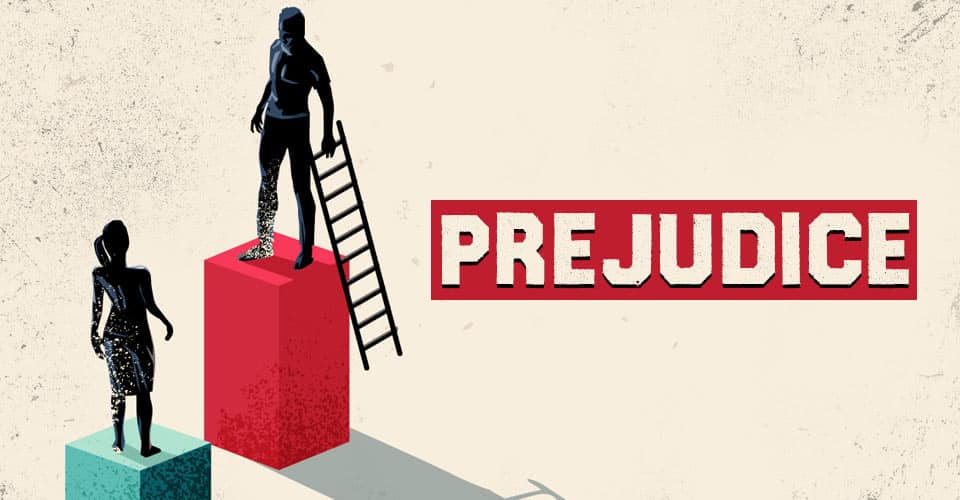
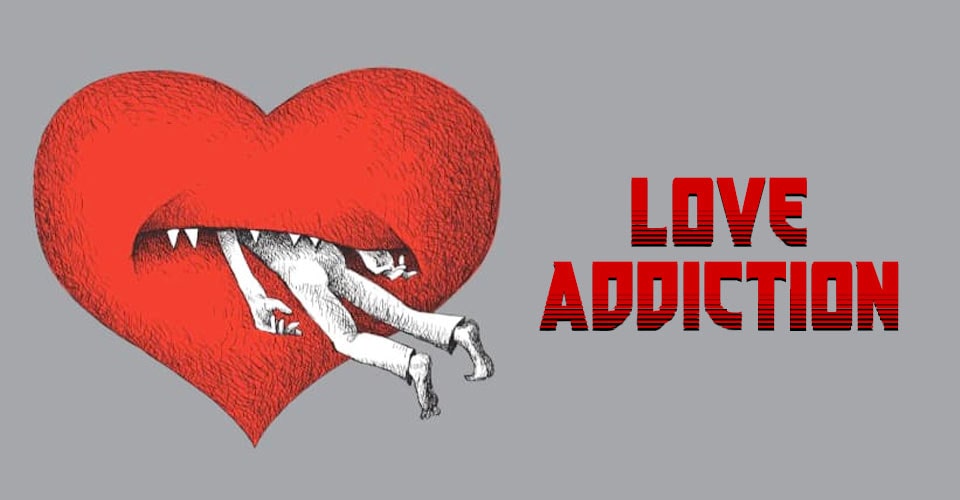
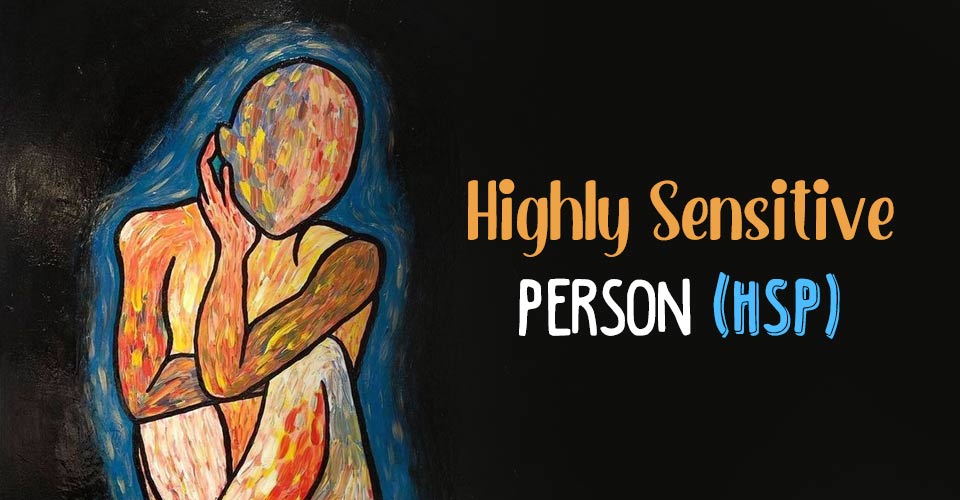

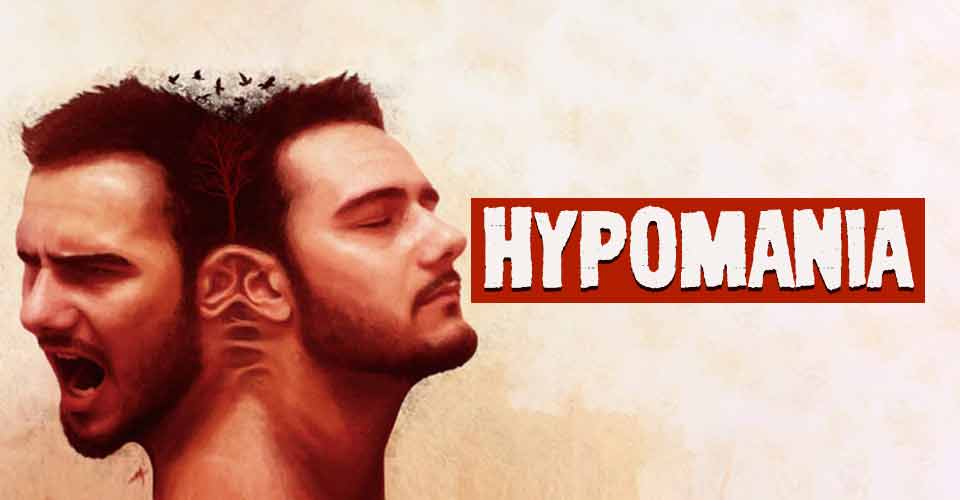



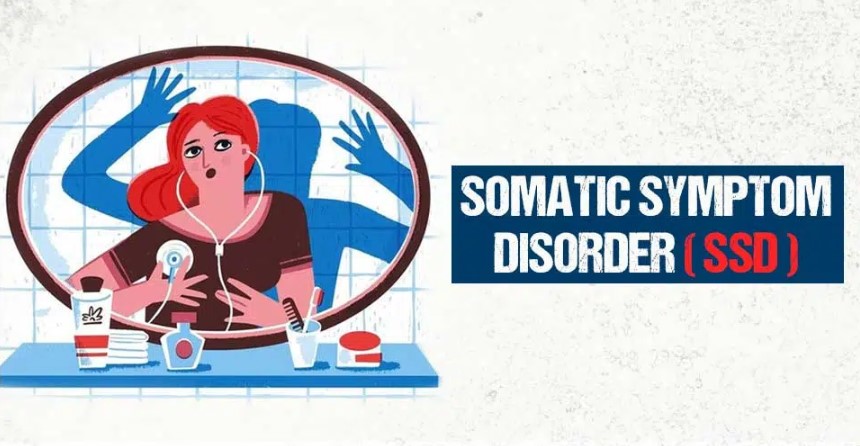

Leave a Reply